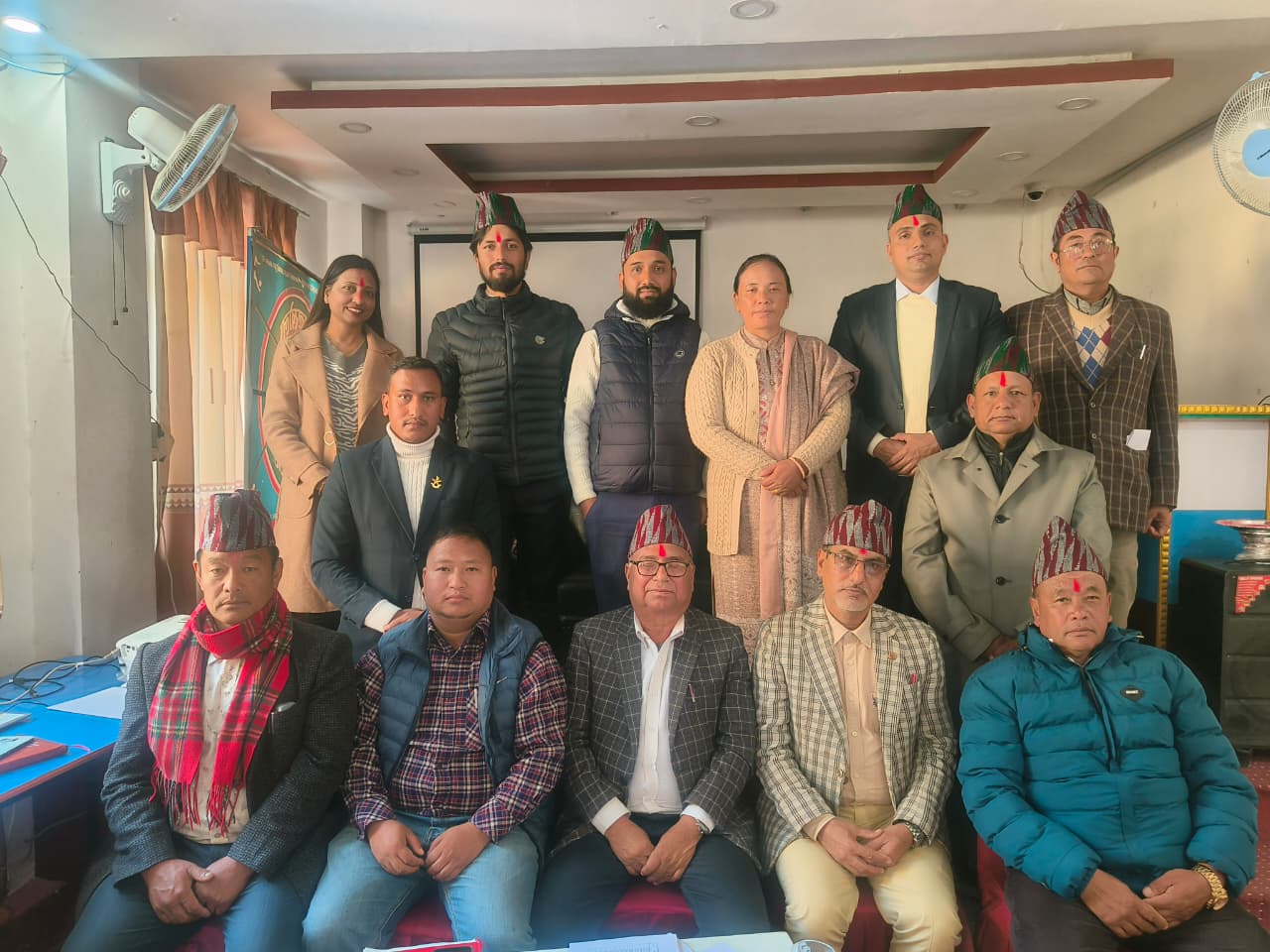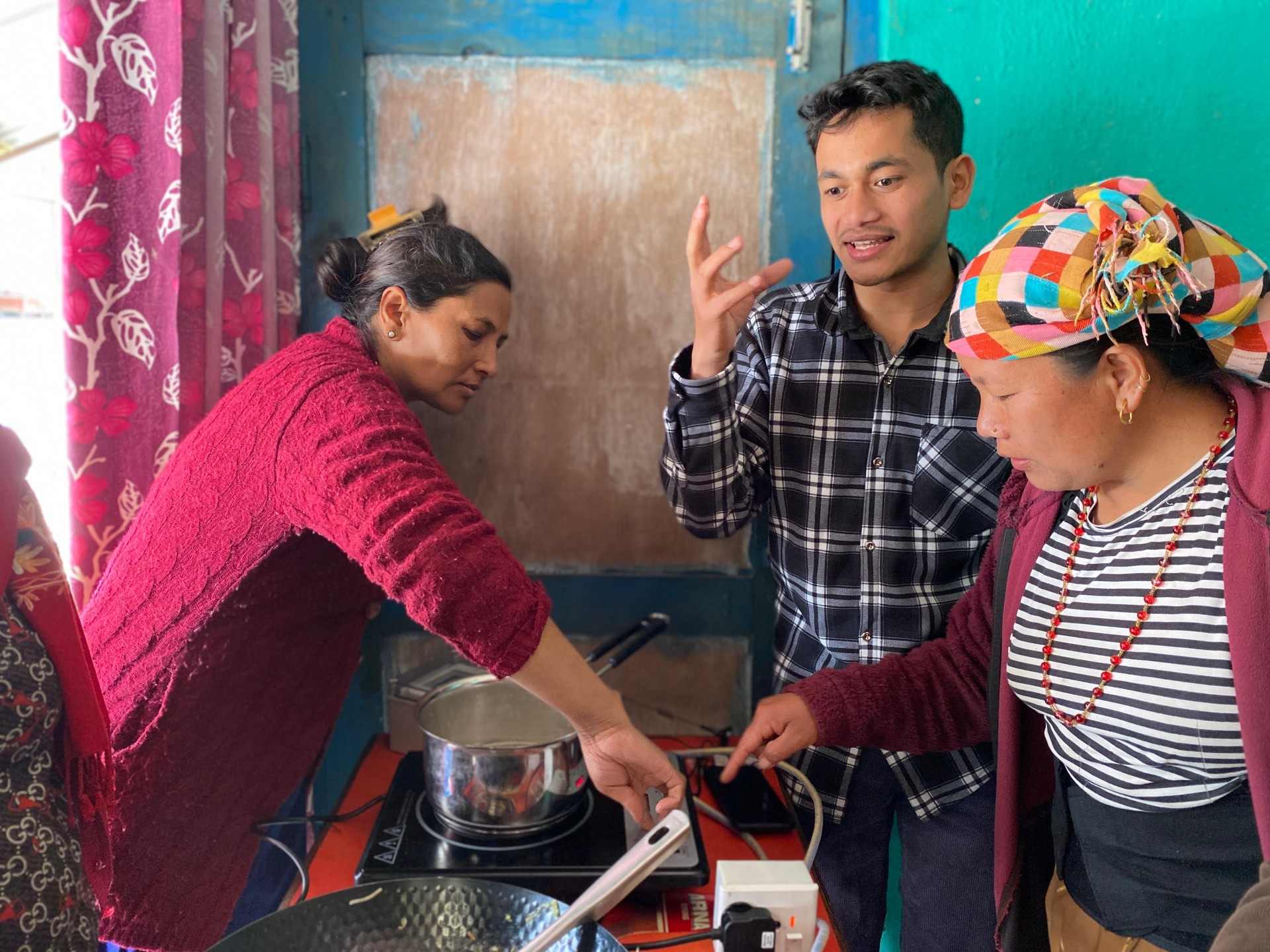E-cooking offers promising opportunities for rural enterprises in Nepal, boosting savings, health, and micro-hydropower sustainability. Our new report highlights key findings from twenty small businesses in Baglung.
Empowering MHP Cooperatives – Building Sustainable, Transparent and Accountable Local Energy Governance
by Rohini Khyen & Biraj Gautam (PEEDA)
As Nepal advances toward sustainable energy solutions, the role of micro hydropower (MHP) cooperatives plays a pivotal role in managing decentralized renewable energy system. These community-led organizations are not just energy providers but keeper of rural development, financial sustainability, and local governance. Yet, many of these cooperatives face persistent challenges in governance, financial management, and operational transparency. Recognizing their importance, PEEDA, in collaboration with the Wuppertal Institute’s WISIONS Innovation Lab project, initiated the MHP Cooperative Capacity Enhancement Training, aimed at empowering MHP cooperatives for long-term sustainable development.
MHP cooperatives often operate in remote, resource-constrained environments, where good governance and efficient management are crucial. However, many of these cooperatives face challenges such as unclear leadership roles, weak financial systems, and limited accountability. In an eight-day program, designed and delivered in two stages, the capacity enhancement training seeks to address these gaps in cooperative operations. The first phase, held in May 2025 in Baglung, brought together 24 participants from MHP management, financial staff, and local government bodies, including two female participants.

The program aimed to build capacity in four key areas: It strengthened cooperative governance by introducing participants to cooperative principles, relevant legal frameworks, and the importance of clearly separating executive and oversight roles to prevent conflicts of interest. To improve financial management, the sessions emphasized the need for strong internal control systems, proper financial documentation, key performance indicators, and compliance with legal requirements such as VAT and PAN registration. Transparency and accountability were fostered through discussions of real cases involving ethical lapses in cooperatives, offering guidance on how to respond to financial misuse and governance failures. Practical learning was promoted through a field visit, where participants observed a successful cooperative in operation, gaining hands-on exposure. The training concluded with participants developing individual and group work plans to apply the lessons learned within their own cooperatives.
Participants engaged in interactive sessions and group discussions, explored real-life governance issues through detailed case studies, and visited a successful MHP cooperative to observe best practices firsthand. The training revealed widespread issues such as conflict of interest, poor documentation, and misuse of funds in some cooperatives. However, it also showcased strong potential that most cooperatives are profitable, hold regular general assemblies, and are open to reform.

In the second phase of the training, the participants developed actionable plans to improve governance and financial systems in their own institutions. They committed to adopt the mandatory Char Khata (double entry accounting system) starting from July 2025, replacing outdated single-entry practices that caused financial misreporting. The Girindi Khola MHP Cooperative, for example, committed to develop and approve detailed human resources and financial management manuals within the next few months, clearing defining roles, responsibilities, and procurement processes to strengthen internal controls.
The highlight of the training was the participatory learning and peer exchange. During the field visit to Girindi Khola MHP Cooperative, its Manager Nem Bahadur Bhujel Magar remarked a clear separation of executive and oversight roles helps avoid the conflicts of interest, which is an issue that remains common in cooperative models. Similarly, one of the participants from remarked that “using accounting was not just for the treasurer but for everyone and for the transparent finances.”

This training marks an important step toward more accountable and resilient energy cooperatives. It also motivated the unregistered MHPs to initiate their transition to fully registered cooperatives, formalizing the structures for better governance and funding opportunities. As the second phase unfolded in June 2025, where participants reflected on implementation progress. All the participants return with clearer plans, tested tools and inspiring peer learnings that transparent, community-led renewable energy can truly power sustainable development.


